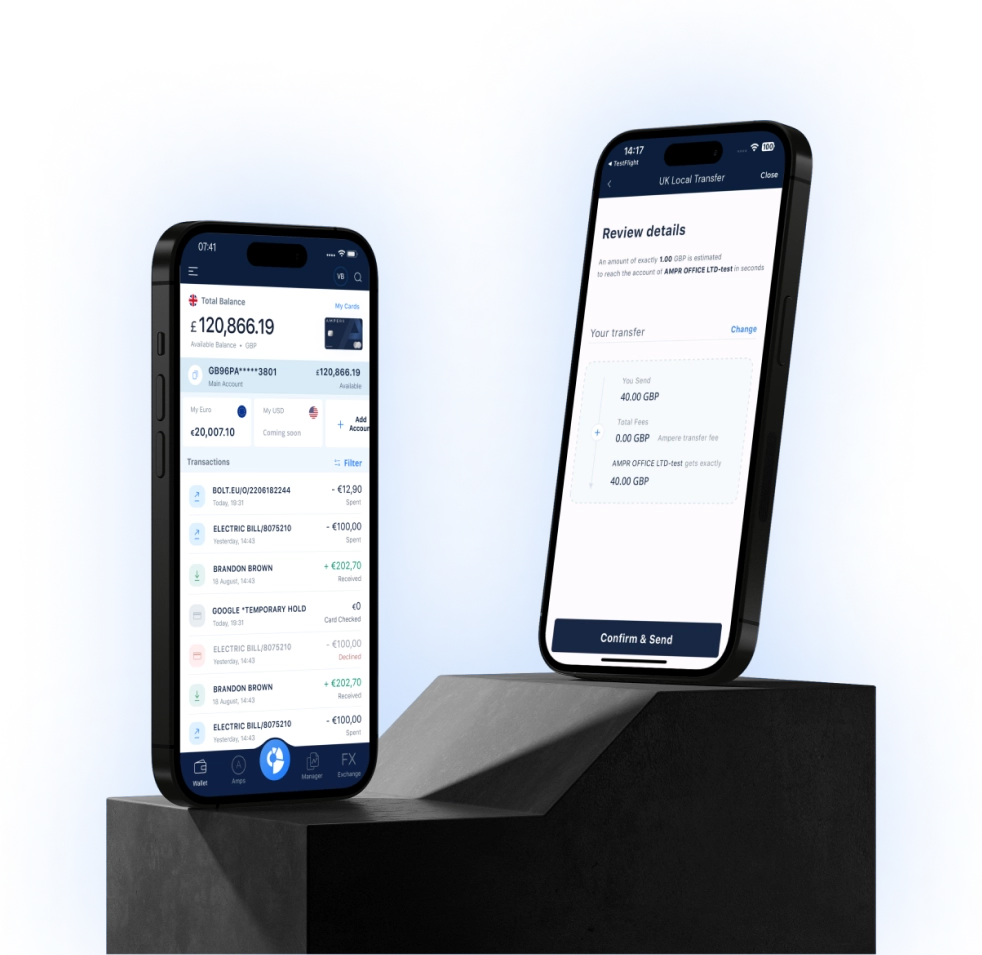How to simplify expense-reporting when you’ve got a team

Expense reporting in small and mid-sized UK companies is an operational requirement that impacts payroll accuracy, supplier relationships, and the reliability of statutory financial reporting. Missing receipts, delayed submission of expense claims and shared payment methods without clear attribution… It often creates discrepancies that slow reconciliation, increases compliance risk under HMRC rules. Furthermore, it eats aways finance team time and resources.
Assigning each employee an individual corporate card connected to a central business account eliminates ambiguity at the point of payment. Every transaction is automatically recorded with the employee’s name, merchant category code, date, time, currency, and amount. Real-time feeds into accounting platforms remove the need for manual data entry, while spending limits and merchant restrictions can be pre-configured per user. This framework allows finance managers to monitor cash flow continuously, identify irregular spending patterns, and ensure that all expense data aligns with both internal budgets and external audit requirements.
The good news is that the UK tax environment offers specific incentives that reinforce structured expense control. The Employment Allowance can reduce National Insurance contributions by up to £10,500 per year for eligible businesses. Normally, employers would apply this allowance automatically as they process their payroll, meaning their monthly or weekly NICs bills are reduced until the full allowance is used or the tax year ends. Salary Sacrifice Schemes allow employees to exchange part of their gross salary for benefits such as pension contributions, electric vehicle leasing, or participation in the Cycle-to-Work programme, thereby lowering taxable income while enhancing the benefit package. Under the Trivial Benefits exemption, companies can provide perks such as staff events up to £150 per person annually, gifts under £50, or mobile phones for business use without additional income tax or National Insurance obligations. For additional information, check the official Employment Allowance guidance page published by HM Revenue & Customs at https://www.gov.uk/government/publications/employment-allowance-more-detailed-guidance/employers-of-care-and-support-workers-and-employment-allowance-further-employer-guidance
When applied in tandem with disciplined expense reporting, these measures can yield measurable cost reductions, improve staff satisfaction, and maintain higher liquidity levels. This is particularly relevant for sectors with seasonal revenue fluctuations, where the ability to defer or reduce operational costs has a direct impact on profitability.
Operational scenarios further illustrate the impact:
– Project-based teams: Individual cards allow cost allocation to specific projects in real time, streamlining client billing and profitability analysis.
– Remote work environments: Digital-first corporate cards enable distributed teams to make authorised purchases without relying on reimbursement processes, reducing out-of-pocket spending and administrative delays.
– Supplier prepayments: Controlled card payments can be used for deposits or milestone-based supplier contracts, with limits that match the contracted amounts, mitigating overpayment risk.
Comparing traditional UK bank practices with modern digital-first models highlights the difference: conventional banks often require manual submission of expense reports, physical receipt storage, monthly batch reconciliations and so on and so forth. Reporting tools are frequently limited to static PDF or CSV statements, with no real-time categorisation or integration with accounting systems. The above are reasons to switch to a true digital banking service, like Ampere, that provides instantaneous transaction visibility, dynamic export formats (CSV, XLSX, API) and automated categorisation aligned with UK VAT codes. Obviously, such tools are indispensable for streamlined financial operations.
In practice, elimination of all those short by repetitive clerk tasks, means that a company could cut reconciliation time by more than a half and reduce unidentified transactions to near zero with digital transparency and automation tools. The financial benefit are pretty clear: reduced administrative labour costs and improved eligibility for HMRC allowances due to clearer expense categorisation.
Ampere issues corporate cards to each authorised employee within minutes. All spending data is centralised in the Ampere dashboard, visible to finance teams in real time, with export and API integration for accounting and reporting. The system supports GBP, EUR, USD, and CHF transactions, with exchange rates from 0.35% and payments via Faster Payments, SEPA, SWIFT, CHAPS, and Bacs. This ensures that expense reporting remains compliant, transparent, and operationally efficient, while enabling UK SMEs to align day-to-day payment processes with long-term financial strategy.

